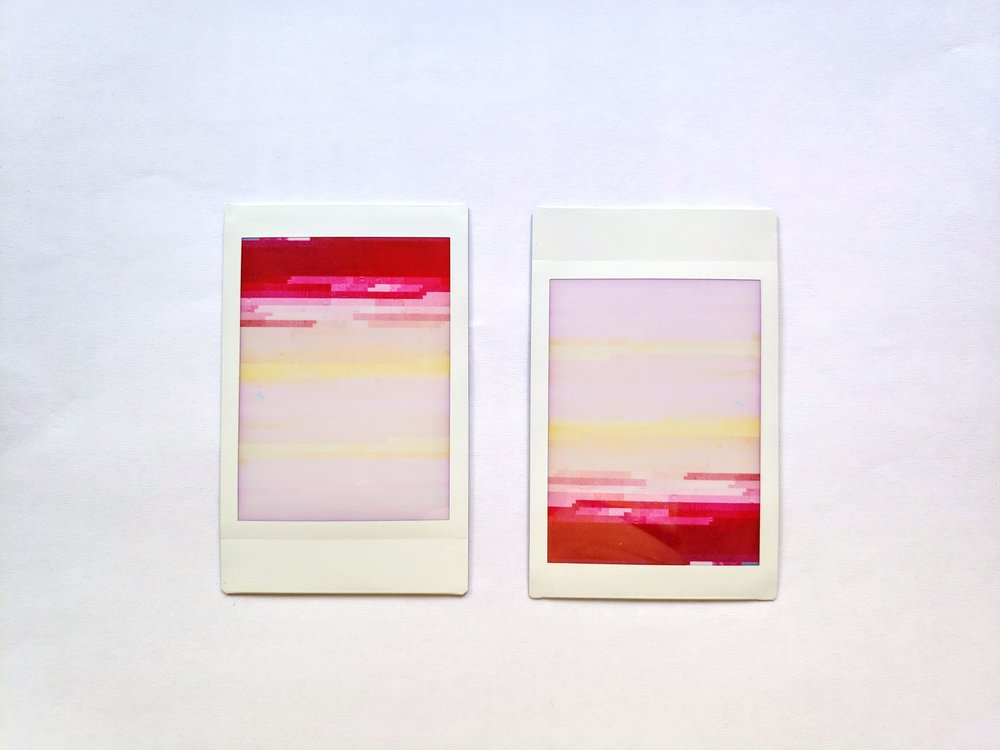
The last few weeks have been a rollercoaster for me personal life and my art practice. As it the case always, one being fiercely linked to another; prompting me to think why I do what I do. Digital death, a term that kept knocking harder and harder as my hard drives keep running out of space. An unyielding need for perfection in making images. And curating them for the world. Thousands among them waiting to see the light of day and a rabid sense to move on to the next. From fine tuning of dynamic range to a decisive moment…. Overparticular about what I show to others and how. The questioning continues as I read brilliant articles like ‘Is Photography still a labour of love?‘ (and you should read it too)
My mind can’t sink into what I have done, before it wanders away into what’s next. Like a selfish kid who wants his neighbour’s candy before he finishes what’s in his mouth, or realises what’s already in his hands… Some of them already slipping away through his weak fingers. Think think think… Do I love photography or do I merely love the idea of photography?
So last week after a day out, I commanded my portable photo printer to give me a shot I painstakingly processed. It spat out a print. Digital garbage. What went wrong? I gave the command again but my shock it revolted the same. Effortlessly handing me a second mutilated mess. But this time it was like a spit on my face…. And a rebellion against all that has been pulling me down. Neil Postman warned us that the Orwellian future is not the only danger but the Huxleyan one maybe worse. We artists are scared of censorship and a lack of resources at our disposal. But we failed to realise that the biggest pain was pleasure itself. Of abundance…. And feeding our never ending fancy for distractions. Please allow me the liberty to inject the terminology of photography into Postman’s argument.
“We had forgotten that alongside Orwell’s dark vision, there was another – slightly older, slightly less well known, equally chilling: Aldous Huxley’s Brave New World. Contrary to common belief even among the educated, Huxley and Orwell did not prophesy the same thing. Orwell warns that we will be overcome by an externally imposed oppression. But in Huxley’s vision, no Big Brother is required to deprive people of their autonomy, maturity and history. As he saw it, people will come to love their oppression, to adore the technologies that undo their capacities to think.
What Orwell feared were those who would ban images. What Huxley feared was that there would be no reason to ban a photograph, for there would be no one who wanted to make or see one. Orwell feared those who would deprive us of information. Huxley feared those who would give us so much that we would be reduced to passivity and egoism. Orwell feared that the truth would be concealed from us. Huxley feared the truth would be drowned in a sea of irrelevance. Orwell feared we would become a captive culture. Huxley feared we would become a trivial culture, preoccupied with some equivalent of the feelies, the orgy porgy, and the centrifugal bumblepuppy. As Huxley remarked in Brave New World Revisited, the civil libertarians and rationalists who are ever on the alert to oppose tyranny “failed to take into account man’s almost infinite appetite for distractions.” In 1984, Orwell added, people are controlled by inflicting pain. In Brave New World, they are controlled by inflicting pleasure. In short, Orwell feared that what we fear will ruin us. Huxley feared that what we desire will ruin us.
~Adapted from Neil Postman’s, Amusing Ourselves to Death: Public Discourse in the Age of Show Business
I’ve been staring at these two tiny prints for the last two days. The garbled mess is slowly beginning to look meaningful and beautiful…. Hopefully these are beginning of an unintentional yet essential experiment that I will be undertaking over the next few days. To know more, please follow me on Instagram @abhishekscariya
#GoMakePhotos
Abhishek
